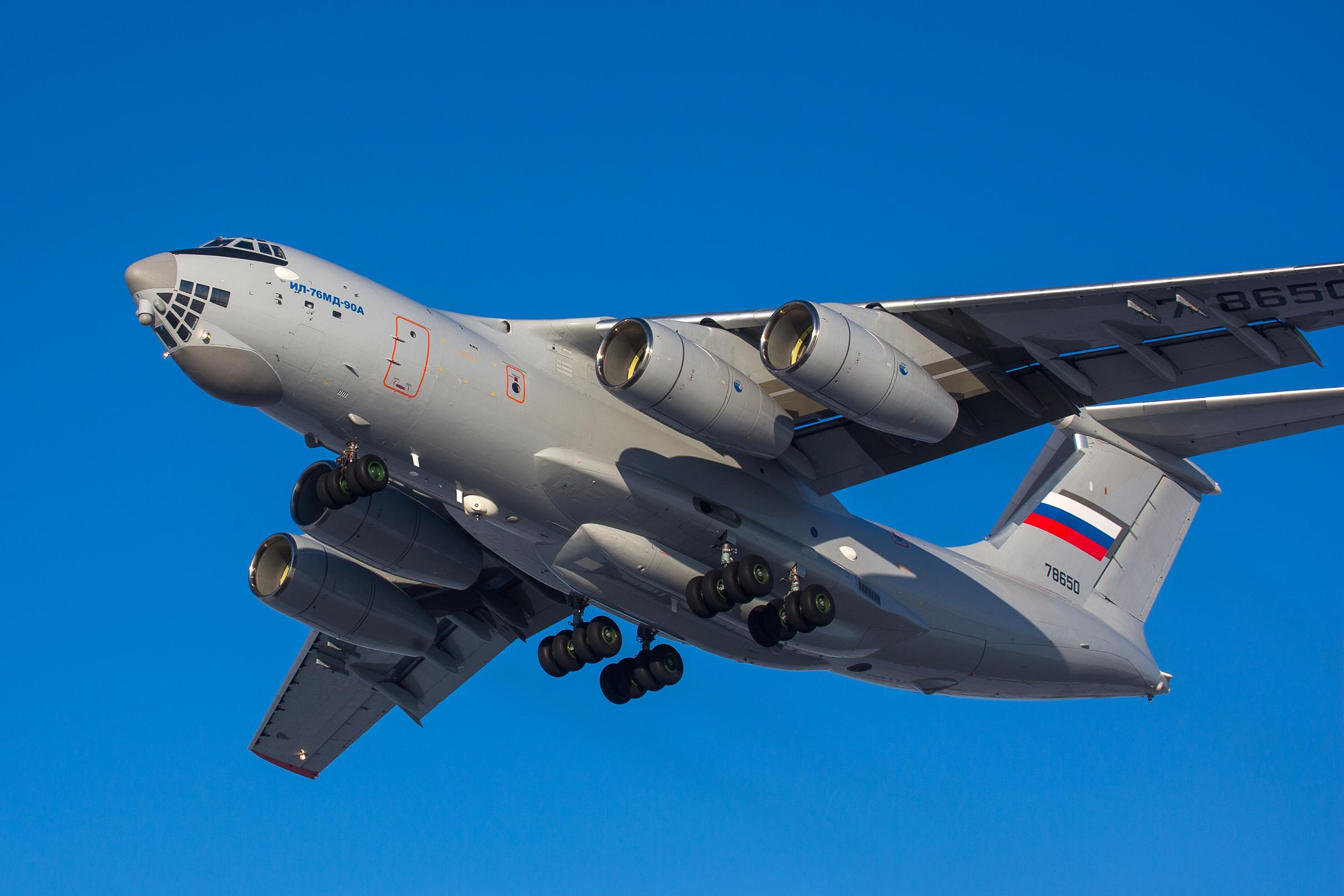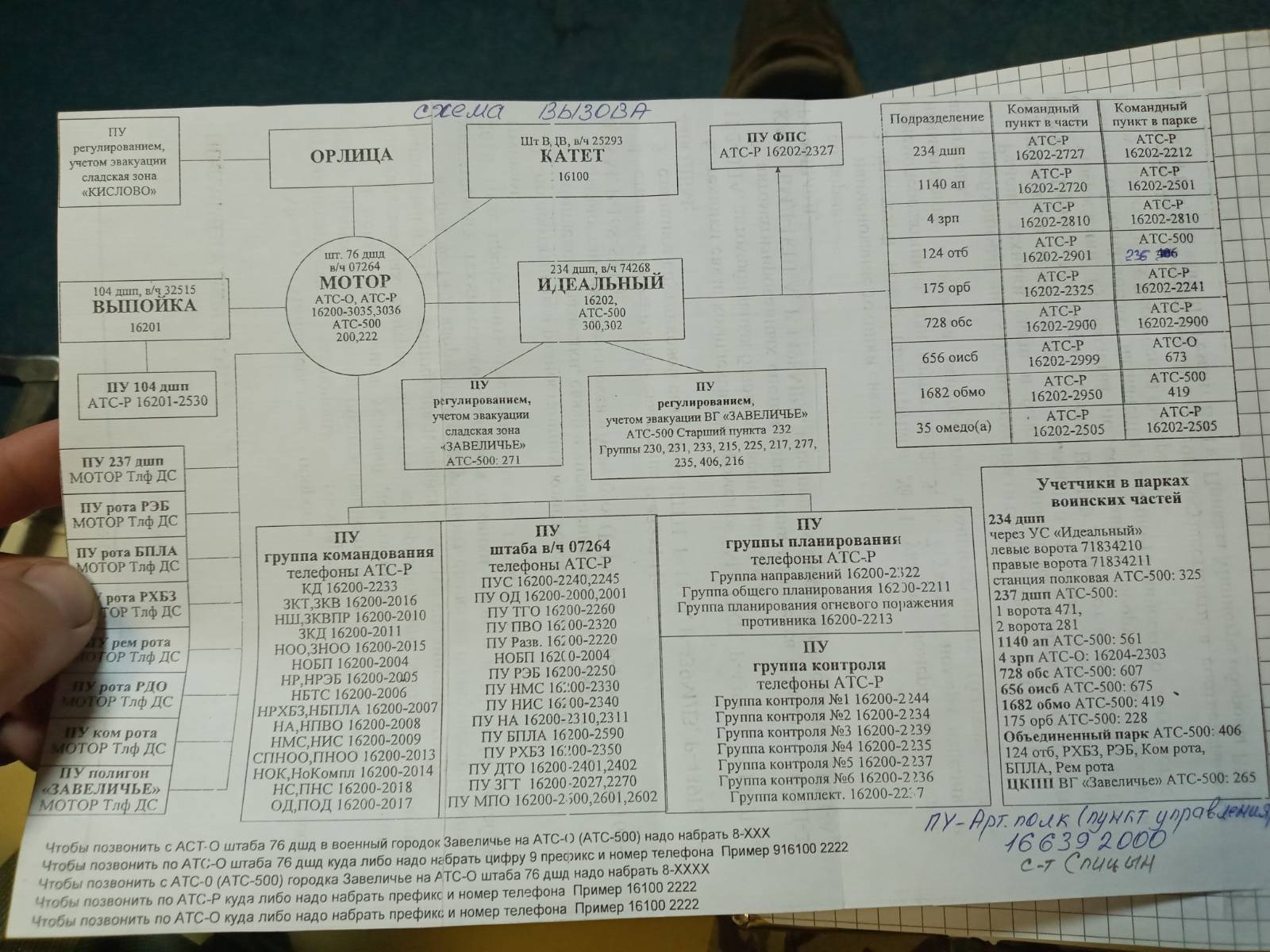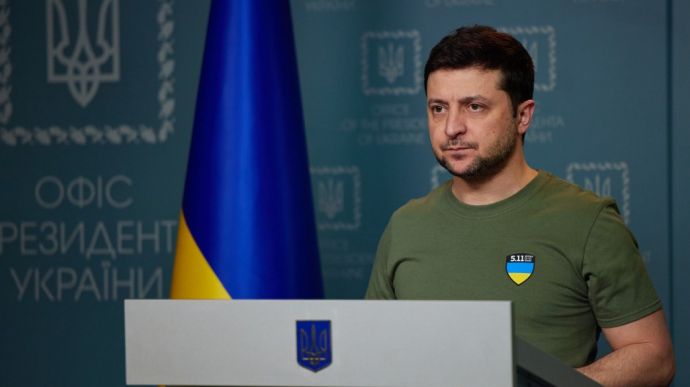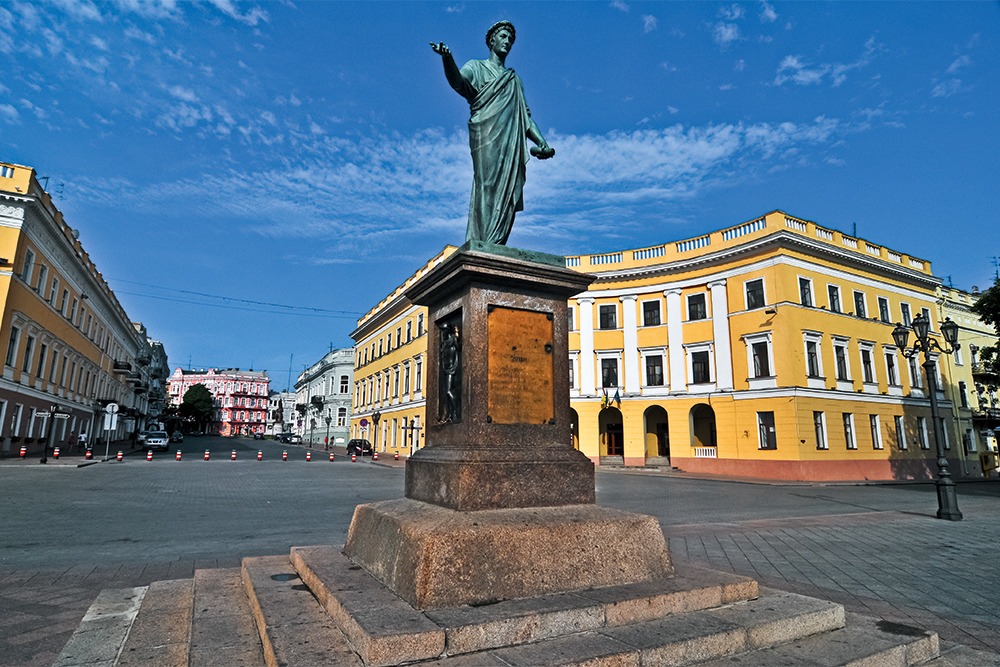US Secretary of State Marco Rubio commented on the possibility of imposing new sanctions against Russia after the deadline set by US President Donald Trump for Kremlin leader Vladimir Putin to end the war against Ukraine expires.
The secretary of state said this in an interview with Fox Business, which was published by the State Department’s press service.
As reported, on Friday, August 8, Trump’s 10-day deadline expires, after which the American president threatened to impose secondary sanctions against Russia.
When asked about the possibility of imposing secondary sanctions against Russia, Rubio replied, “Well, the president has to make that decision in the next 24 to 36 hours.”
“A lot will depend on how the negotiations go—on the work we will be doing over the next few days, on the progress. And then, ultimately, the president will decide whether he considers it necessary to impose sanctions or not, depending on how the situation develops,” Secretary of State Marco Rubio said.
On August 6, a meeting took place between US President Steve Witkoff and Kremlin leader Vladimir Putin. The Kremlin said that during the conversation, “certain signals” were exchanged regarding the Russian-Ukrainian war.
Donald Trump called the meeting “very productive” and, without giving details, said that “significant progress had been made.”
Earlier, US President Donald Trump signed an executive order imposing additional 25% tariffs on imports from India.
According to the order, this tariff rate will apply to goods entering the US market starting at 12:01 a.m. 21 days after the date of publication of the order.
This measure applies to imports from India of goods related to Russian oil.
The order is part of the US strategy to put pressure on countries that continue to trade with Russia, particularly with regard to oil produced in the Russian Federation. As noted, India, one of the largest importers of Russian oil, is currently subject to these sanctions.
US President Donald Trump has said that he will significantly increase tariffs on India for its purchase of Russian oil, which helps Moscow continue funding its war against Ukraine.








